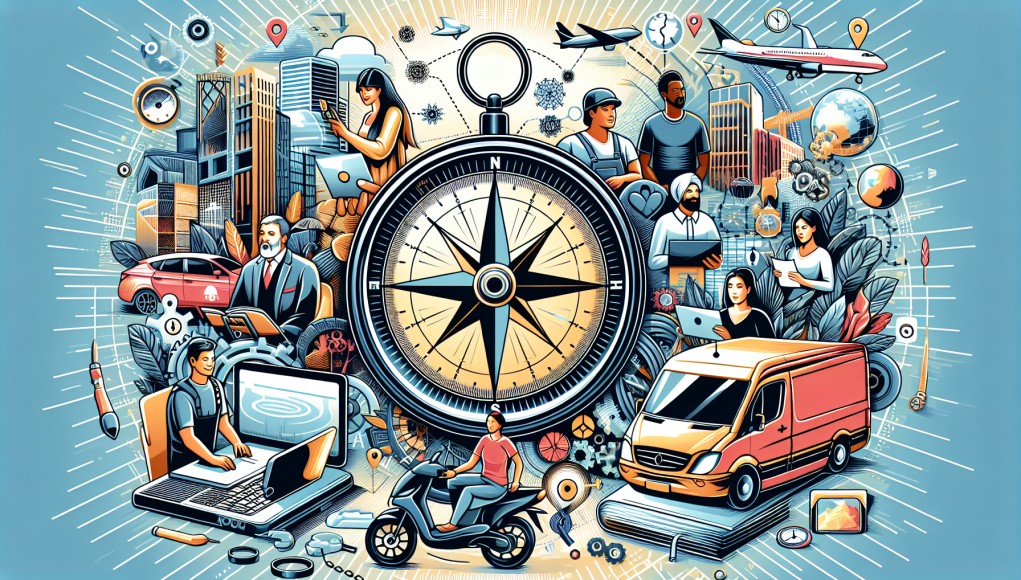The Gig Economy: Charting Your Course in the New World of Work
In the 21st century, the landscape of work is undergoing a seismic shift. Gone are the days when a lifelong career with a single employer was the norm. Enter the gig economy, a dynamic ecosystem that emphasizes flexibility, autonomy, and a multitude of work avenues. For freelancers, gig workers, and shift workers, this evolving world offers a myriad of opportunities and challenges. How do we navigate these uncharted waters effectively?
Embracing the New Norm
The gig economy is a catalyst for change in how we perceive work. It’s driven by technological advancements, digital platforms, and a societal shift towards valuing flexibility over fixed working structures. As a freelancer, you’re not just a worker; you’re an entrepreneur, a brand, and a business. This requires a mindset shift, where independence is as much about freedom as it is about responsibility. It’s about leveraging your skills in a way that aligns with market demands, while also fulfilling personal aspirations.
Opportunities Abound
The gig economy provides unparalleled opportunities. You can choose projects that resonate with your values, set your own hours, and work from virtually anywhere. This level of autonomy is unprecedented. However, to thrive, you need to be proactive in seeking opportunities. This involves networking extensively, utilizing platforms like Upwork, Fiverr, and local gig marketplaces, and continuously upskilling to stay competitive in an ever-evolving market.
Challenges and How to Overcome Them
While the gig economy is replete with opportunities, it also presents its share of challenges. The lack of traditional employment benefits such as health insurance, retirement plans, and job security can be daunting. Furthermore, the pressure of maintaining a steady income can be overwhelming. To mitigate these challenges, it’s crucial to build a financial cushion. Embrace financial literacy and invest in a safety net that can tide you through lean periods. Additionally, consider joining freelancer unions or gig worker associations that advocate for better working conditions and benefits.
The Power of Adaptability
Adaptability is your greatest ally in the gig economy. As market trends shift, so too must your skills and offerings. Continuous learning is not just a recommendation but a necessity. Online courses, webinars, and industry-specific certifications can help keep your skills sharp. Be open to pivoting into new areas of work that align with market demands.
Networking and Community
As a gig worker, your network is your net worth. Cultivating relationships within your industry can open doors to new assignments, collaborations, and learning opportunities. Attend events, join online forums, and participate in community meetups. Building a support system with fellow freelancers can provide guidance, motivation, and a sense of belonging.
Looking Ahead
The future of work in the gig economy is bright. It’s an ecosystem rich with potential, where innovation meets opportunity. By staying agile, informed, and connected, you can navigate this landscape successfully, crafting a career that’s both rewarding and sustainable. As the gig economy continues to evolve, remember that you are not just its participant but a critical player shaping its future.






















